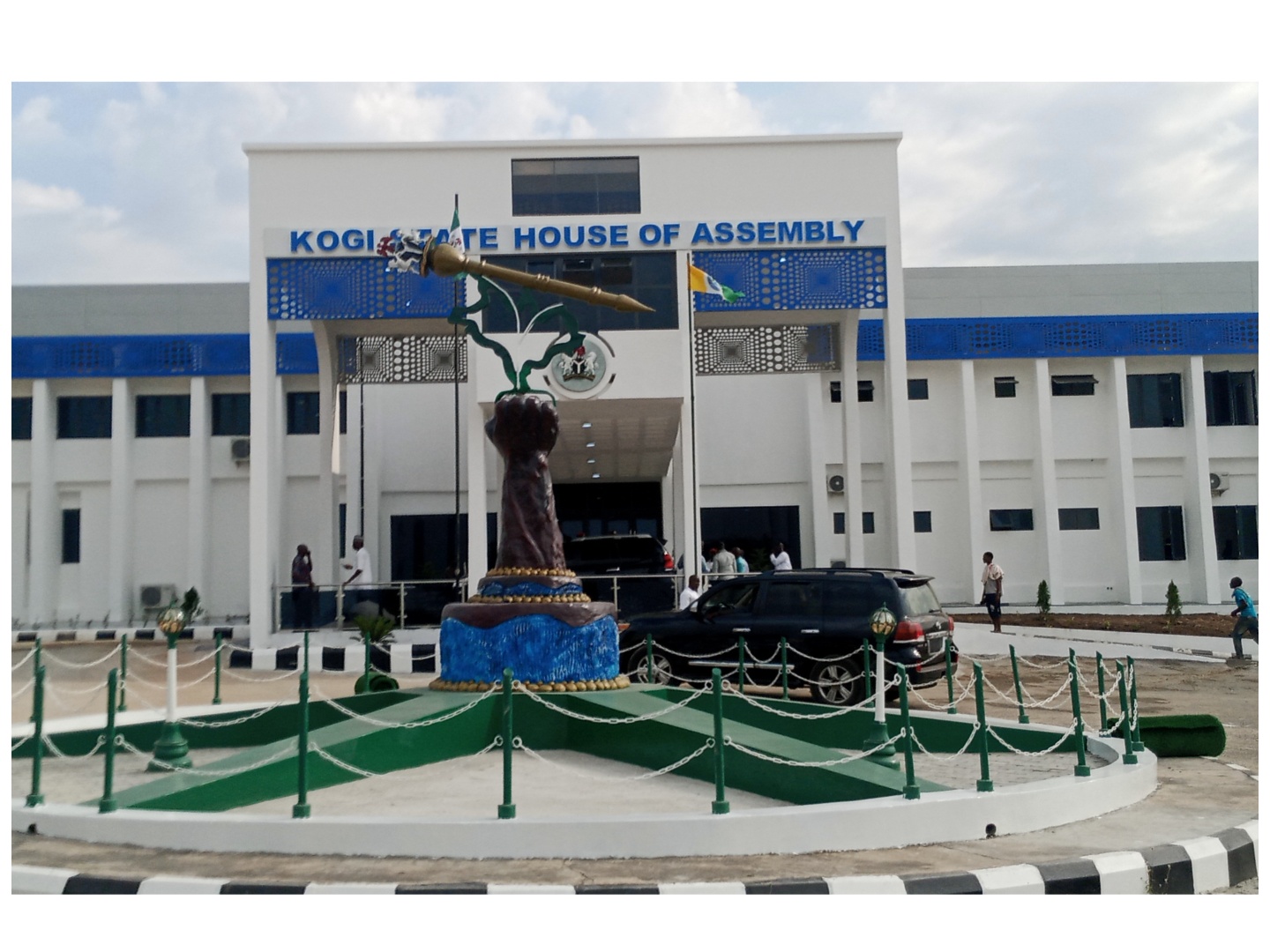Chairman of Federal Civil Service Commission (FCSC), Prof. Tunji Olaopa, yesterday disclosed how the new strategic plan of his agency, billed to run from 2026 to 2030, would benefit the civil service.
He spoke at the FCSC Strategic Plan Stakeholder Validation Workshop in Abuja, which attracted representatives of the Chief of Staff to the President, Head of the Civil Service of the Federation, Police Service Commission, Bureau of Public Service Reform ( BPSR), retired federal permanent secretaries, and members of international organisations such as the United Kingdom Foreign, Commonwealth and Development Office, through the PACE programme, and the private sector.
Noting that the overall objective of the plan was to restore the glory of the civil service and prepare it to support Nigeria to navigate its way through the Fourth and Fifth Industrial Revolutions, Olaopa stated that the federal bureaucracy would benefit from structured appraisal systems, citizen feedback tools, and KPIs tied to performance and promotions.
Consequently, he added that there was a need to rigorously implement frameworks of ethics and accountability, utilising the existing well-laid-out public service code of ethics.
Stressing the need to deepen digital transformation in the service, the FCSC boss noted the importance of integrated HR platforms and data-driven decision-making tools in improving efficiency and responsiveness, as well as inclusivity and equity by properly implementing the Federal Character principle and the Disability Act.
According to him, it is in light of the foregoing that the commission’s repositioning plan, as endorsed by President Bola Tinubu, was now being translated into a medium-term strategic plan (2026-2030).
Olaopa said the plan would transform the FCSC into the human resource advisory engine room of government, which drives competency-based management practices, ethical standards, quality service delivery, and digital innovation across the civil service.
He observed that for the FCSC, implementation of the strategy was not an end in itself, but the beginning of a redoubled journey of the commission towards institutional renewal in the pursuit of an overarching objective to reposition the federal bureaucracy to become a high-performing entity, led by capable, committed, and values-driven professionals.






